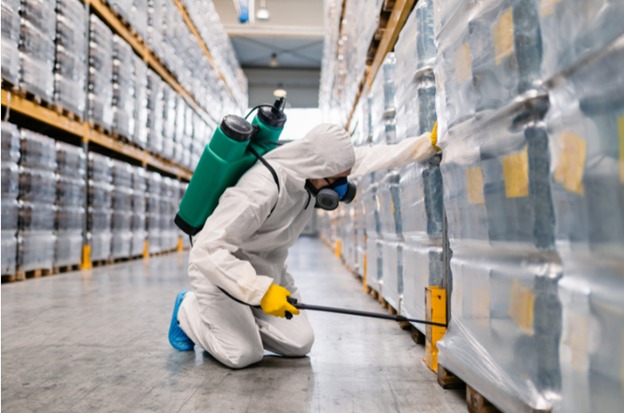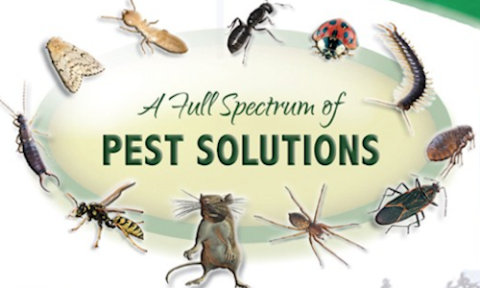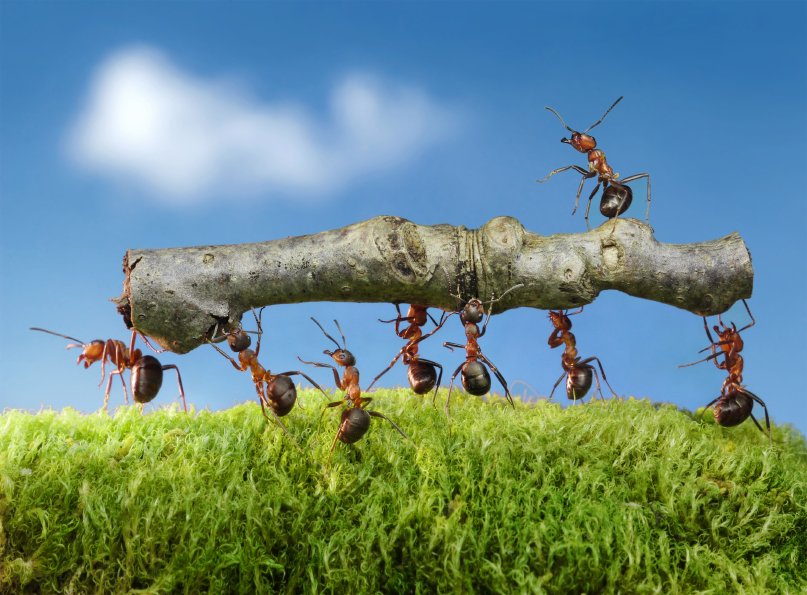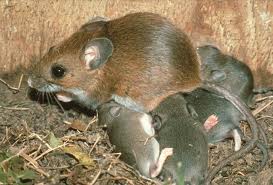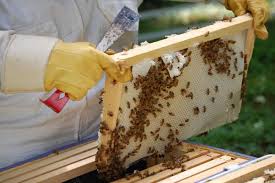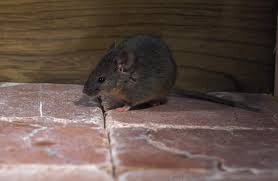Honeybees used to be wild animals once, but then humans learned how to domesticate them. If we take a look at the beekeeping history, it is an ancient culture as primitive people used to gather honey from beehives in natural or wild places.
Today, beekeeping is a complete science with beehives gone through a lot of revolutionary changes. The beekeepers successfully raise and breed honeybees (especially the ones that make most) in honeybee colonies that produce more honey than bees need themselves.
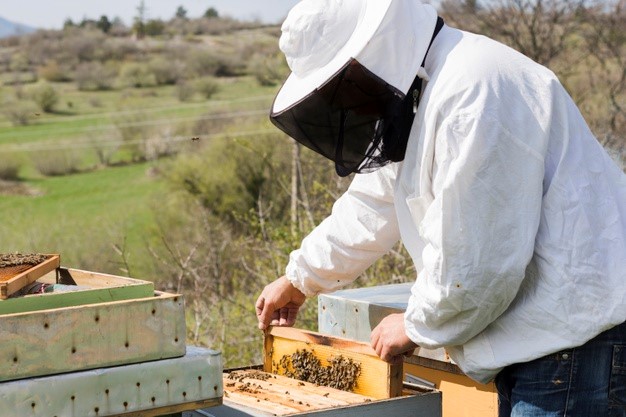
So, What Is Beekeeping?
Beekeeping is all about taking out honey without hurting the beehive and the bees inside. Generally called Apiculture, it is the job of maintaining beehives, apiary, or bee colonies by humans to harvest honey from them. It is a type of agricultural production.
The science, art, and practice of beekeeping involve the life of honeybees and their existence in a human-made structure in a pretty broad way. The beekeeper or an apiarist keeps the bees to collect honey and other bee products and sell to another person or company. Or you may need help in a beekeeping course.
Other than producing honey, beekeeping also includes protecting bees from diseases, producing cross-breeds, and other products from Antarctic and Arctic to the Equator but right now we are talking about beekeepers in UK.
Beekeepers In UK
You want pure honey for any purpose, want to buy beehives or get honey of a specific bee (there are over 20000 species of honeybees), you need to get in touch with a beekeeper.
It is not that easy but worry not, because Kent Pest Control has a solution for you if you are looking for a beekeeper in UK. However, let’s first find out what a beekeeper can help you with.
There is plenty a beekeeper can provide other than harvesting delicious, affordable, and local honey. From disease treatment to parasite or pest resistance to skincare and food items, beehives produce tons of products. These products made by the beehives include beeswax, bee pollen, flower pollen, royal jelly, and propolis.
Bees can also be kept to pollinate crops as pollens are carried from one flower to another by bees when they collect nectar. They pollinate about 100 important crops of fruits, vegetables, nuts, spices oil-seed crops, herbs, forage for beef cattle and dairy, and many medical and ornamental crops.
Now, how to find beekeepers near me?
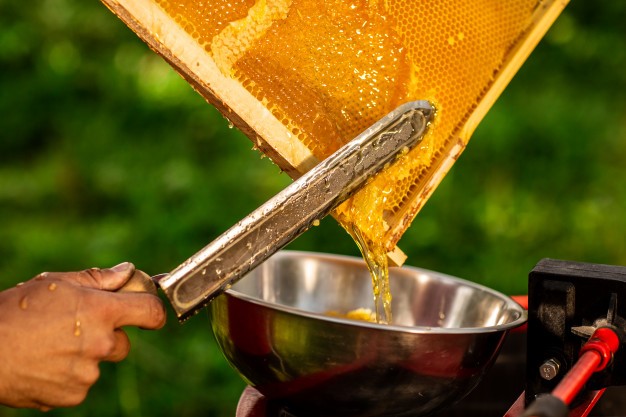
Are You Looking For A Beekeeper In UK?
Here is the list of authentic beekeepers in UK by our Kent Pest Control team with complete contact details for your ease.
| Sr. No | Branch Name | Contact Details |
| 1 | London Beekeepers Association | General inquiries:[email protected]. |
| 2 | Bromley | 77 Bushy Way, Beckenham, BR3 6TH
TEL: 020 86630 1364 |
| 3 | Dartford | Apiary Manager Kevin Garrood: 01322 383638 |
| 4 | Orpington | Swarm Co-ordinator Richard Brook Tel: 07925 977204Email: [email protected] |
| 5 | Sevenoaks and Tunbridge Wells | Swarm Collector Richard Rose: [email protected] |
| 6 | High Weald Division | https://hwbka.org.uk/ |
| 7 | Weald | http://www.wealdbeekeepers.com/contact/ |
| 8 | Ashford | https://www.facebook.com/groups/647069182060926 |
| 9 | Gravesend | http://www.gravesendbeekeepers.org.uk/contact.php |
| 10 | Mid-Kent, Maidstone, and Swale | https://midkentbee.org/contact/ |
| 11 | Whitstable and Herne Bay | Tel: 07985 443941Email: [email protected] |
| 12 | Canterbury | https://canterburybeekeepers.org.uk/_contact-us/ |
| 13 | Dover and District Beekeeper | Exam and Training Secretary: 01227-831235 |
| 14 | Hasting & Rother Division | Telephone: 01424 814837[email protected] |
| 15 | Sidcup | General Enquiries: [email protected]
Apiarist Rudy Repka: 01689 828062 |
| 16 | Medway Beekeepers Association | [email protected] |
| 17 | Thanet beekeepers Association | Contact: Richard Blight 01843 597646 Email [email protected] |
| 18 | Laddingford and District Beekeepers Association | http://www.laddingfordbeekeepers.co.uk/contact-us.htm |
| 19 | Westerham | Secretary: [email protected] |

